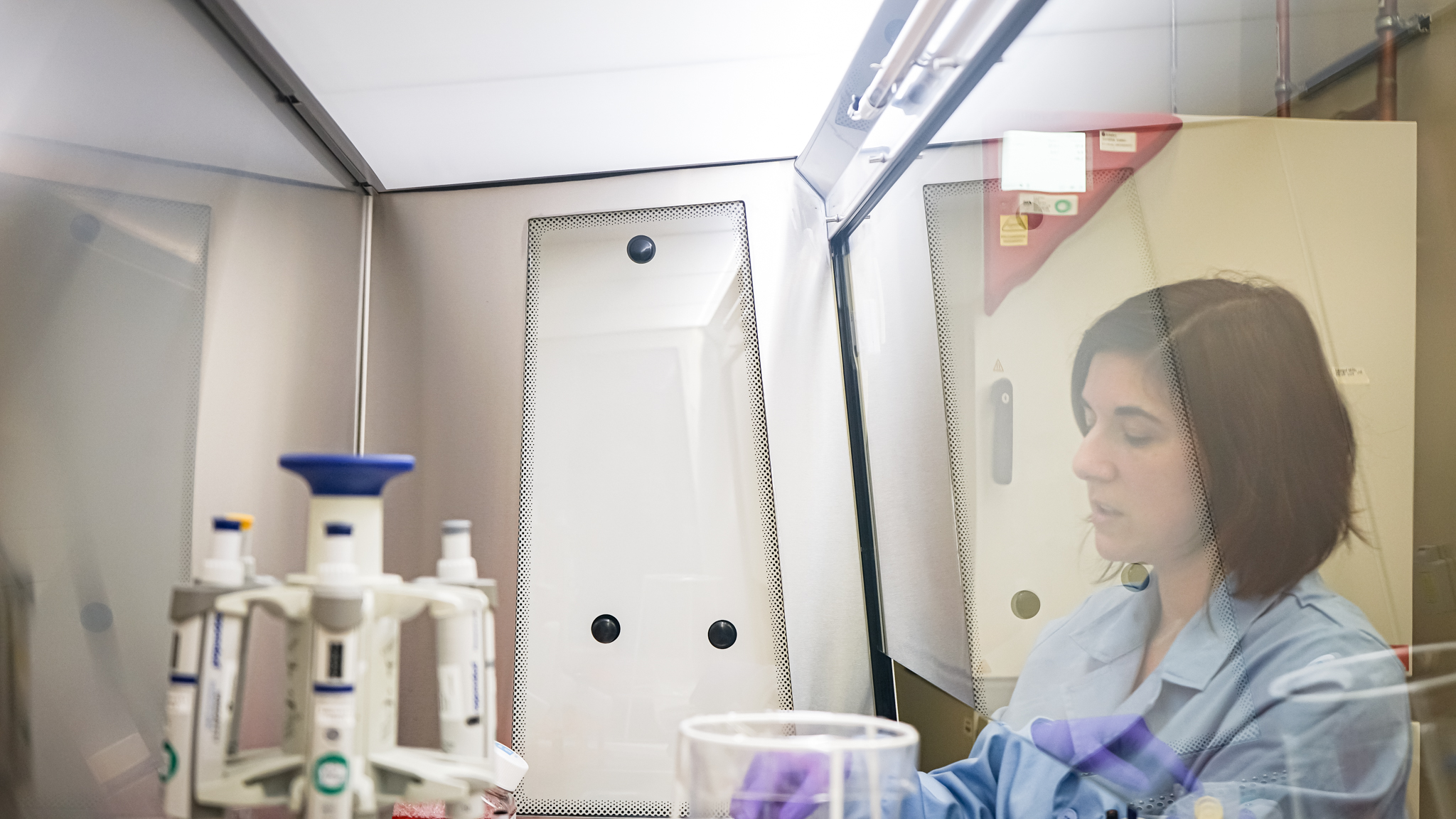On June 5, 2024, INL joined the conference INDTech 2024 to participate in the session “Open Innovation Test Bed (OITB): A New Kid on the Block”, focused on the role of OITBs as part of the technology infrastructure ecosystem and their crucial contribution to industrial transformation in Europe. The session – chaired by Antonio Ferrandez from the European Commission – included a diverse group of speakers, among them Dominik Sobczak, Deputy Head of Unit for Industrial Research, Innovation, and Investment Agendas at DG-RTD, and Paula Galvão, Business and Strategic Relations Chief Officer at INL. The discussion covered topics such as the relevance of technology infrastructures, particularly OITBs, in providing industry with advanced materials technology services. Dominik Sobczak highlighted several challenges, including the limited understanding by companies of access conditions, main barriers, and challenges, added by the lack of standardised definitions and a common access framework, making it difficult to access OITBs and its Single Entry Points across regional and national borders.Dominik Sobczak also noted the limited collaboration among OITBs, leading to underexploited synergies, fragmentation of the landscape, and a high risk of duplication creating inefficiencies. Key outcomes from the session included a call for increased visibility and understanding of OITB […]
Read more


